One city, two tales - relegated Hertha's envious eyes towards Union
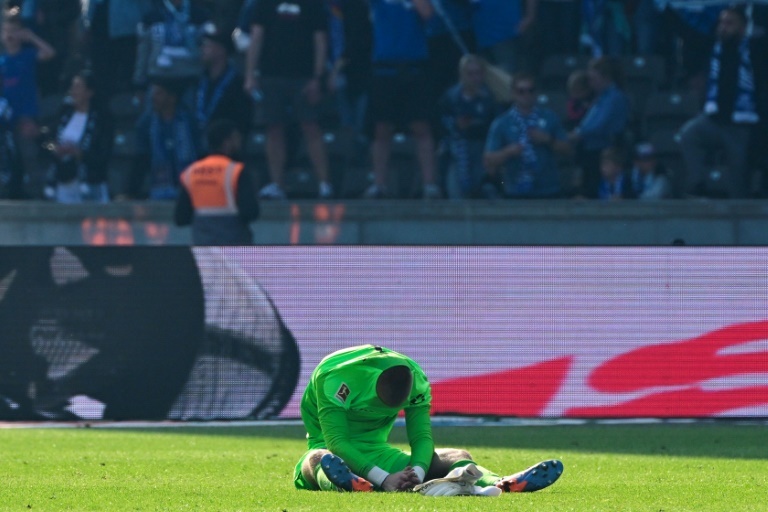
Hertha Berlin's 10-season stay in the German Bundesliga ended Saturday and as they slipped through the  relegation trapdoor, they were left to cast envious glances at upwardly-mobile city rivals Union.
1 year ago
Hertha only escaped relegation last season by winning a two-legged playoff against Hamburg. They had finished 10th or lower in the four previous seasons. On Saturday, Hertha's luck ran out when a 1-1 draw with Bochum condemned them to the drop and their future could be even bleaker if they fall foul of financial regulations. Unlike other Bundesliga sides at the lower end of the table who have punched above their weight despite a lack of resources and support, the 'Old Dame' have in recent seasons boasted enviable riches.
Rubbing salt into the wounds is the rise of Union Berlin, who are on the cusp of an unlikely maiden Champions League appearance after just four years in the top division. As the most popular club in Germany's largest city and playing at the 75,000-seat Olympic Stadium, Hertha have the ingredients to be a powerhouse. However, other than two wins in the now defunct pre-season League Cup in 2002 and 2003, Hertha's last piece of major silverware came in 1931, when the club won the second of their two German titles.
In 2019, German tech millionaire Lars Windhorst bought a 37.5 percent stake in the club. Hertha adopted 'Big City Club' as a slogan and brought in sporting director Fredi Bobic. In January, after losing 2-0 at home to Union, the club fired Bobic. Former ultra and now club president Kay Bernstein said Hertha would go back to their roots by embracing local juniors, while declaring "it's a good day to bury the 'Big City Club' label."
Bernstein declared manager Sandro Schwarz safe in January, but the coach was fired in April, Hertha bringing back club legend Pal Dardai with six games remaining. Dardai, who joined Hertha as a player in 1997 before becoming manager, saved the club from relegation in 2020-21 but was unable to do so this season. Before Hertha's clash with Bochum, Dardai criticised the club for signing "players who are satisfied with their life, their car and their chic looks" rather than those with "imagination and development potential."
In total, the club has spent an estimated 374 million euros under Windhorst. In March, Windhorst sold his stake to American private investment company 777 Partners, who have begun to pay off some of the clubs' debts. But whether the company, which has stakes in several clubs, including Sevilla, Standard Liege and Genoa will be Hertha's saviours remains to be seen.
More pressing is the matter of next season's operating licence, which is in doubt because of financial rules. Hertha have a high-interest loan of 40 million euros. The failure to obtain a licence could see Hertha plunged to the third division or further down.
While it would make most Hertha fans wince, the club does not need to look too far to see a sustainable and effective way of returning to the top. Union Berlin's rise may appear meteoric from the outside, but the club, with a home stadium that holds just 22,000, have prioritised stable use of their resources rather than risk. Manager Urs Fischer is the second-longest-serving manager in the Bundesliga and was in the dugout when the club fought their way up from the second division.
The small club from the city's east have finished 11th, seventh, fifth and are now close to securing a top four spot and the Champions League riches that come with it. All the while, Union have been smart in the transfer market, avoiding the kinds of "chic" signings Hertha boss Dardai has criticised. So while the next few years are likely to be painful for Hertha fans, their cross-town rivals have shown how a return can be possible.
Rubbing salt into the wounds is the rise of Union Berlin, who are on the cusp of an unlikely maiden Champions League appearance after just four years in the top division. As the most popular club in Germany's largest city and playing at the 75,000-seat Olympic Stadium, Hertha have the ingredients to be a powerhouse. However, other than two wins in the now defunct pre-season League Cup in 2002 and 2003, Hertha's last piece of major silverware came in 1931, when the club won the second of their two German titles.
In 2019, German tech millionaire Lars Windhorst bought a 37.5 percent stake in the club. Hertha adopted 'Big City Club' as a slogan and brought in sporting director Fredi Bobic. In January, after losing 2-0 at home to Union, the club fired Bobic. Former ultra and now club president Kay Bernstein said Hertha would go back to their roots by embracing local juniors, while declaring "it's a good day to bury the 'Big City Club' label."
Bernstein declared manager Sandro Schwarz safe in January, but the coach was fired in April, Hertha bringing back club legend Pal Dardai with six games remaining. Dardai, who joined Hertha as a player in 1997 before becoming manager, saved the club from relegation in 2020-21 but was unable to do so this season. Before Hertha's clash with Bochum, Dardai criticised the club for signing "players who are satisfied with their life, their car and their chic looks" rather than those with "imagination and development potential."
In total, the club has spent an estimated 374 million euros under Windhorst. In March, Windhorst sold his stake to American private investment company 777 Partners, who have begun to pay off some of the clubs' debts. But whether the company, which has stakes in several clubs, including Sevilla, Standard Liege and Genoa will be Hertha's saviours remains to be seen.
More pressing is the matter of next season's operating licence, which is in doubt because of financial rules. Hertha have a high-interest loan of 40 million euros. The failure to obtain a licence could see Hertha plunged to the third division or further down.
While it would make most Hertha fans wince, the club does not need to look too far to see a sustainable and effective way of returning to the top. Union Berlin's rise may appear meteoric from the outside, but the club, with a home stadium that holds just 22,000, have prioritised stable use of their resources rather than risk. Manager Urs Fischer is the second-longest-serving manager in the Bundesliga and was in the dugout when the club fought their way up from the second division.
The small club from the city's east have finished 11th, seventh, fifth and are now close to securing a top four spot and the Champions League riches that come with it. All the while, Union have been smart in the transfer market, avoiding the kinds of "chic" signings Hertha boss Dardai has criticised. So while the next few years are likely to be painful for Hertha fans, their cross-town rivals have shown how a return can be possible.

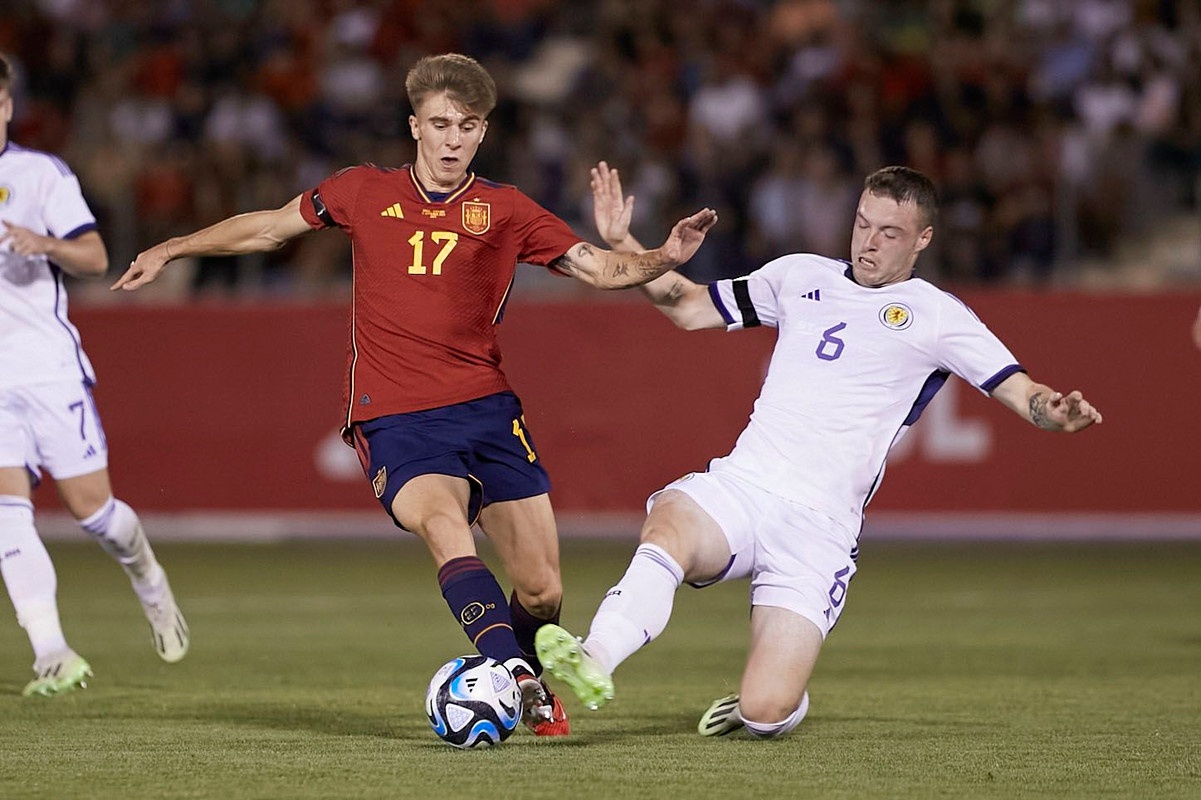

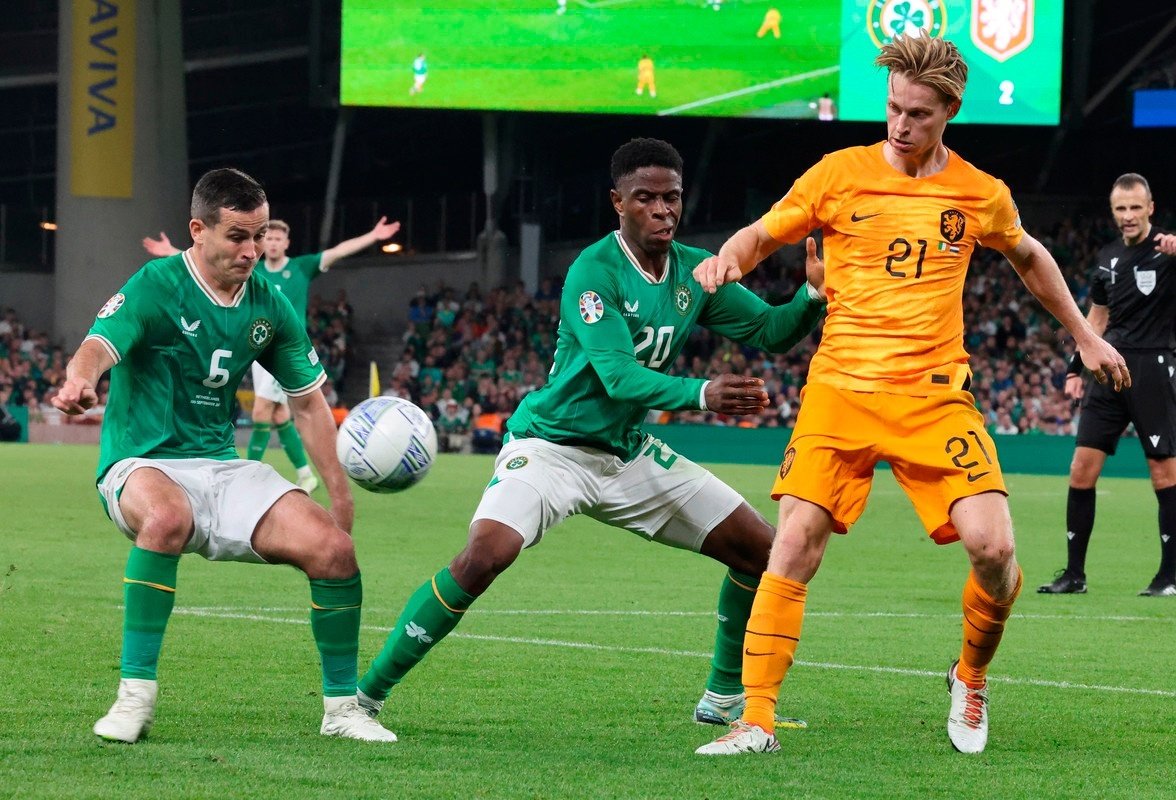
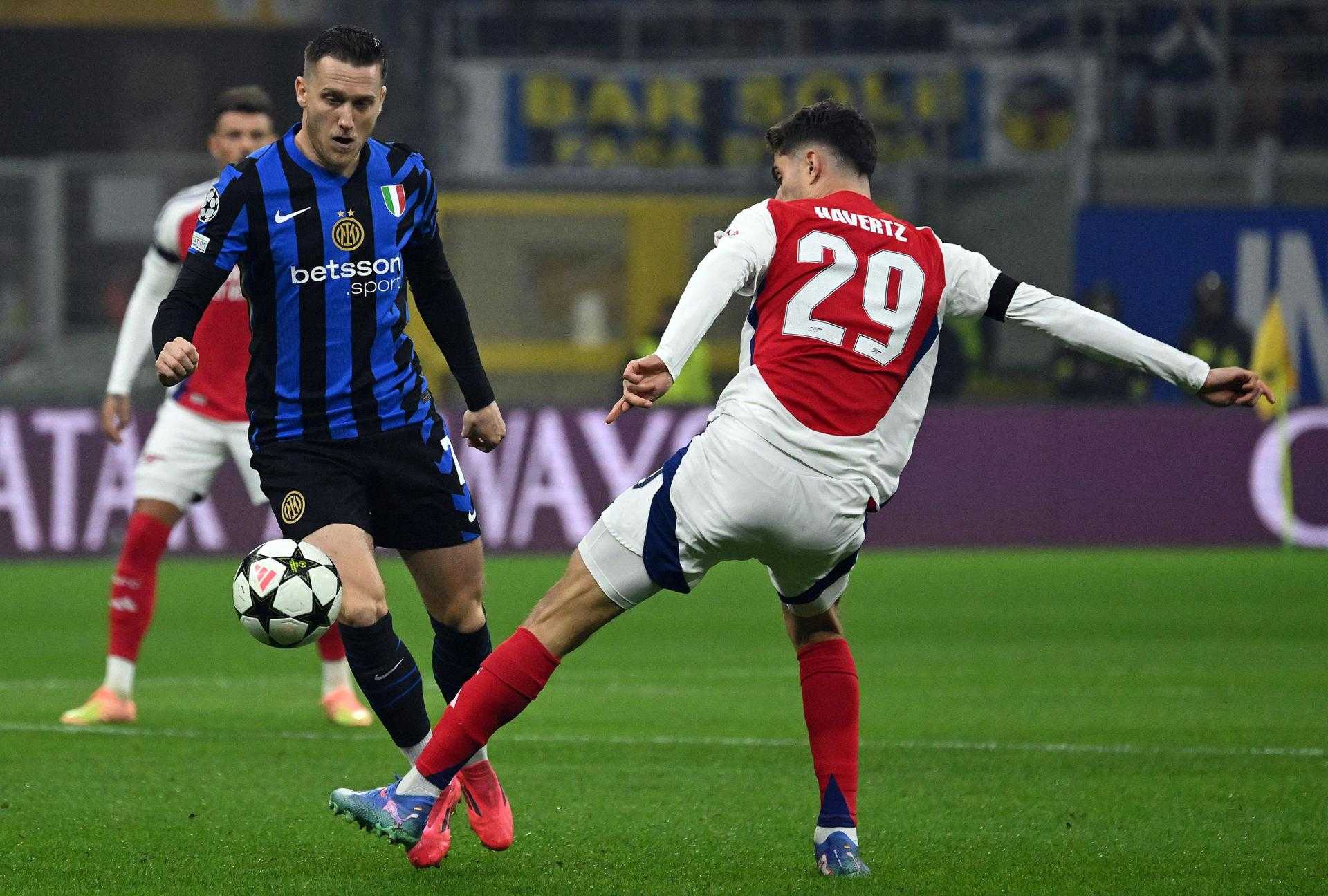
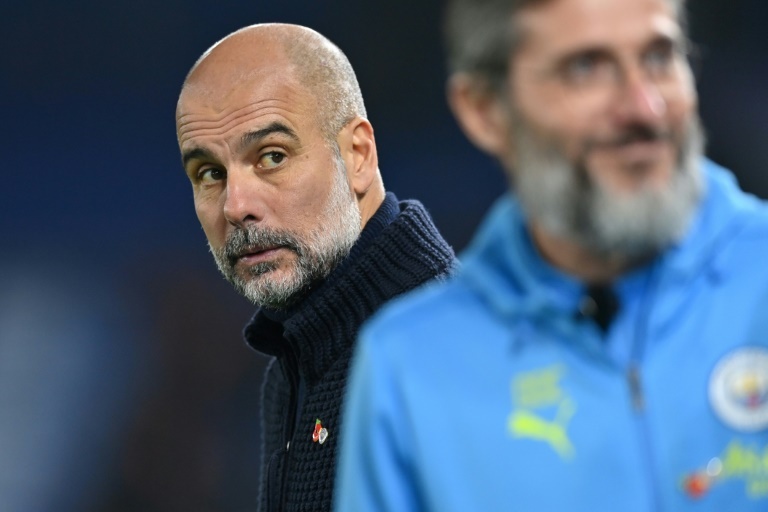
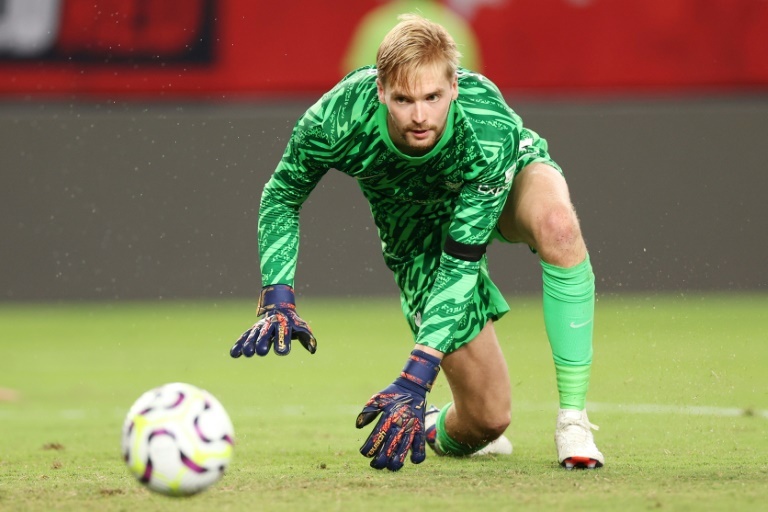
Comments